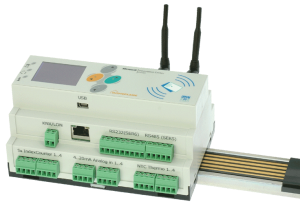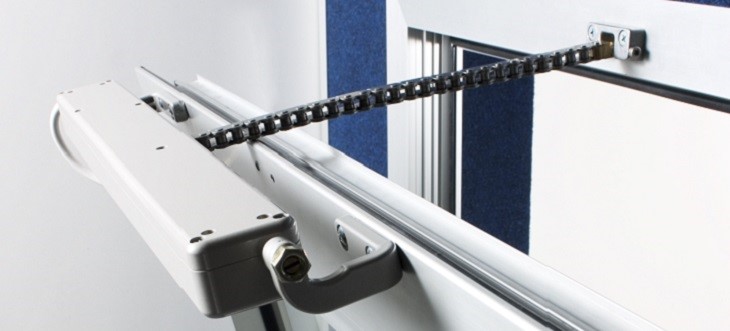The advancement of technology has changed those aspects of our lives that have stayed stagnant for a very long time. Technologies such as computers have gotten a lot faster, cheaper and smaller. This has enabled its uses even for previously unthought of applications. One such example is home automation. It involves deploying computer-controlled appliances and gadgets in the home to make your life easier and provide several other benefits as well. Let us take a look at some great reasons to get a home automation system for your home.
 Game-changing convenience and comfort
Game-changing convenience and comfort
Over the years, there have been various advances in technology throughout the industrial revolution till today. Some major advances which brought about revolutionary changes in our lives were electricity and appliances for household chores. Home automation has the potential to be right up there in terms of the change it can bring about in our lives. For millennia, the rich and the well to do had servants to serve their needs and doo simple things for them. A lot of such things can be done by computer controlled switches and mechanised actuators. Home automation systems use a central computer to control all the connected devices. You can access the controls via a special remote control or via a smartphone app. In many cases, you don’t even need to send commands the systems. It can use the computer’s ability to operate according to a program and have some autonomy. For example, you can automatically have your lights turn on and off at specific times. You can automatically open and shut your windows to regulate the temperature to your liking. This level of convenience has hardly ever been seen in our homes.
The need of energy efficiency
Another aspect that home automation systems are good at is enhancing your home’s energy efficiency. The energy consumption of people is ever increasing due to additional gadgets. With limited expansion in the electric grid capacity, it is necessary to maximize efficiency Many of the measures implemented by home automation systems such as turning off the lights when not in use and regulating temperature by maintaining optimal ventilation instead of air conditioning can be significantly effective in reducing unnecessary energy consumption.

